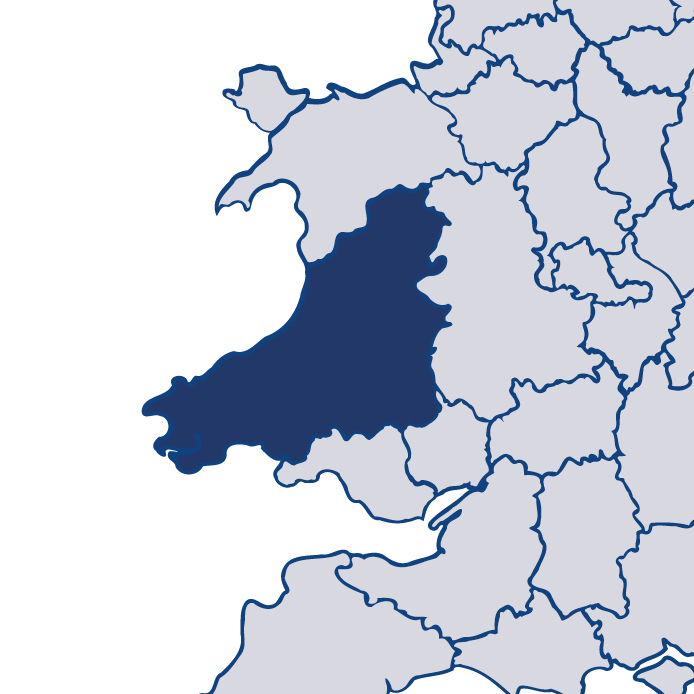Dyfed-Powys 2018/19
Read more about Dyfed-PowysThis is HMICFRS’s fifth PEEL (police effectiveness, efficiency and legitimacy) assessment of Dyfed-Powys Police. PEEL is designed to give you information about how your local police force is performing in several important areas, in a way that is comparable both across England and Wales, and year on year.
Dyfed-Powys Police was inspected in tranche one and we found:
the extent to which the force is effective at reducing crime and keeping people safe is good.
the extent to which the force operates efficiently and sustainably requires improvement.
the extent to which the force treats the public and its workforce legitimately requires improvement.
Download the full report
PEEL: Police effectiveness, efficiency and legitimacy 2018/19 – Dyfed-Powys Police
HMI's observations
I have concerns about Dyfed-Powys Police’s performance in keeping people safe and reducing crime.
The force is good at investigating crime. But it needs to improve how it prevents crime and anti-social behaviour. The neighbourhood policing service it provides to the public is inconsistent.
The force is good at understanding and identifying vulnerability. But I am concerned that officers do not always complete a risk assessment when they respond to reports of domestic abuse. This means that the force may not be adequately protecting vulnerable people.
The force has improved some of its crime-recording processes but has more work to do.
The force needs to understand its current and future demand better. This should help it develop clear plans to make sure it uses its resources efficiently.
I am disappointed to see limited progress since last year in how the force makes sure it treats its workforce fairly. It also has more to do to assure itself that it has the capacity and capability to root out corruption.
Effectiveness
How effectively does the force reduce crime and keep people safe?
Efficiency
How efficiently does the force operate and how sustainable are its services to the public?
Legitimacy
How legitimately does the force treat the public and its workforce?
Other inspections
How well has the force performed in our other inspections?
In addition to the three core PEEL pillars, HMICFRS carries out inspections of a wide range of policing activity throughout the year. Some of these are conducted alongside the PEEL inspections; others are joint inspections.
Findings from these inspections are published separately to the main PEEL reports, but are taken into account when producing the rounded assessment of each force's performance.






